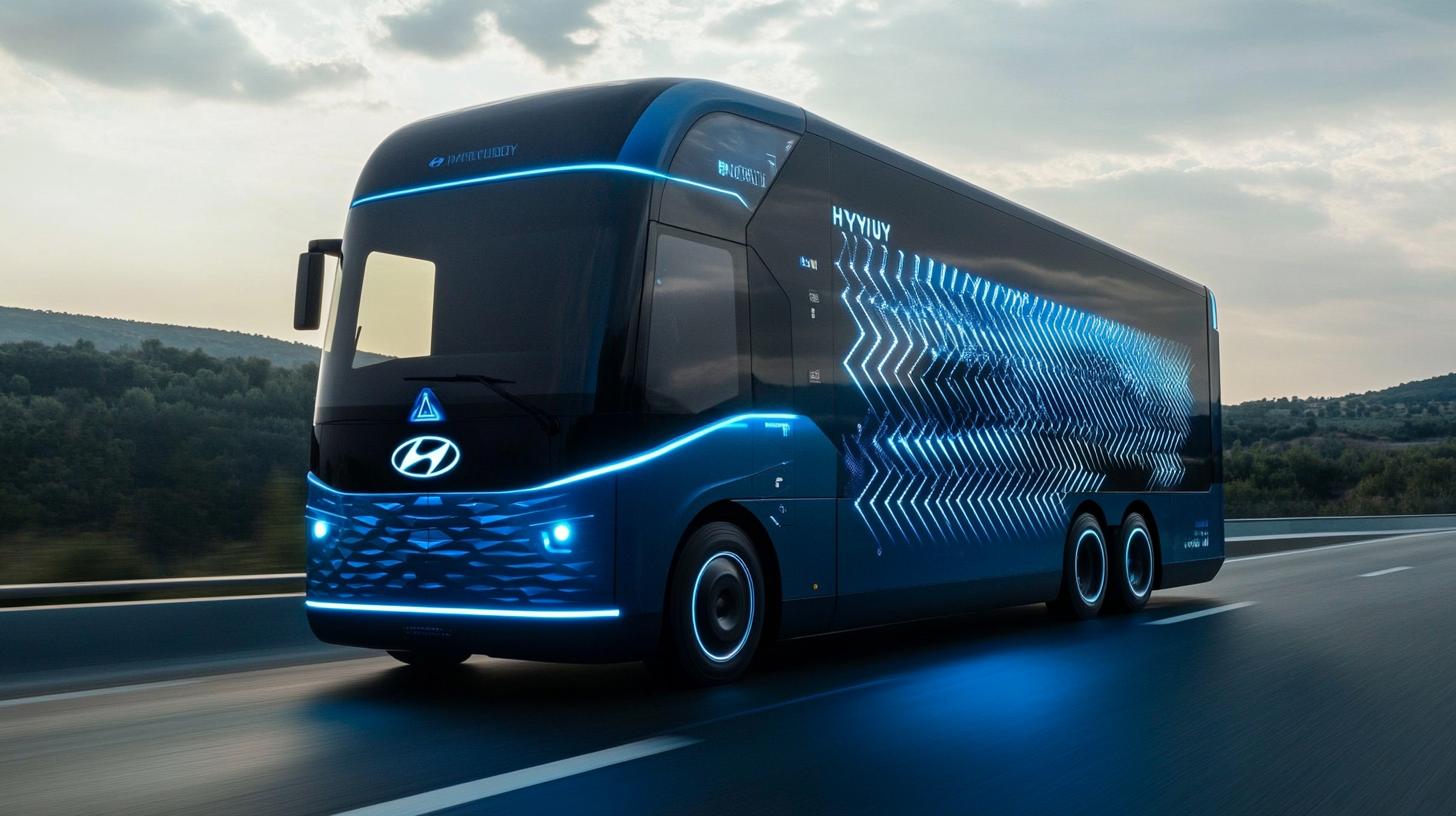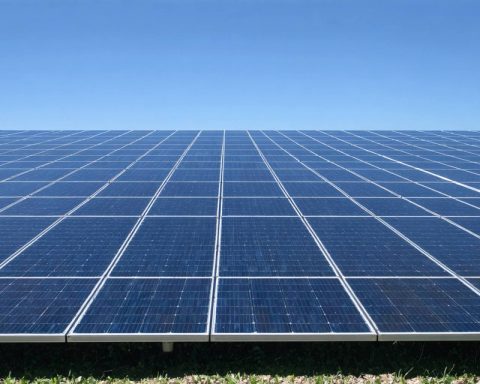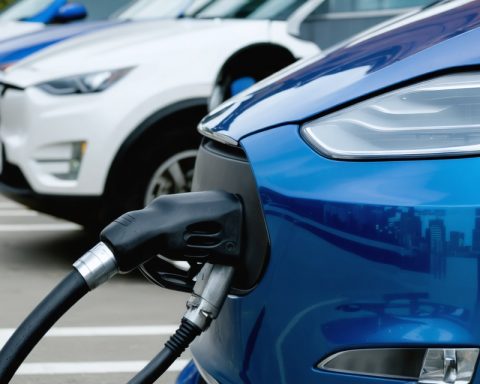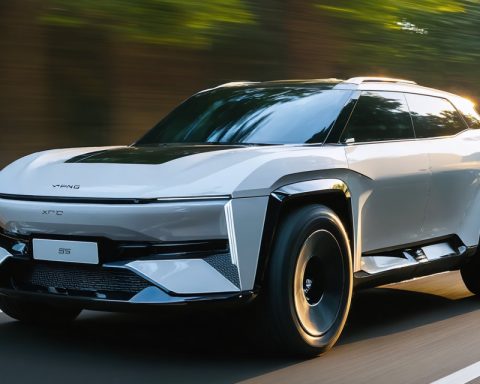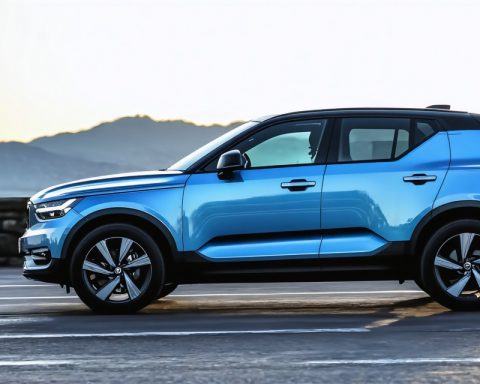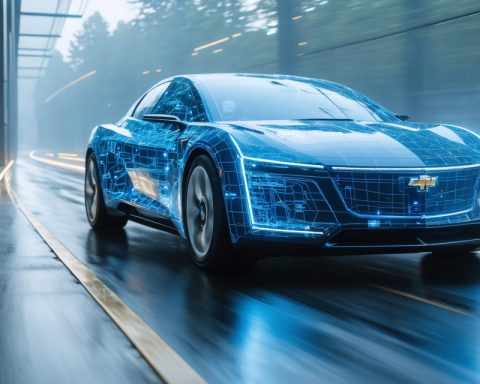Automaker Hyundai has issued a crucial advisory for owners of Nexo hydrogen fuel cell vehicles across the U.S. and Canada. The alert is centered around a potential hazard linked to approximately 1,600 of these SUVs, manufactured from 2019 to 2024.
The concern lies with a malfunctioning pressure relief device that poses a risk of hydrogen escaping. This malfunction could potentially lead to a fire incident, even when the vehicle is stationary. As a precautionary measure, Hyundai advises owners to park the vehicles outdoors and maintain a safe distance from buildings.
The recall, prompted by safety documentation from U.S. regulators, does not affect the vehicle’s drivability. However, Hyundai strongly recommends that the parking guidelines be followed until necessary repairs are completed.
As of now, there are no recorded incidents of fires or injuries in North America linked to this issue. Despite queries about occurrences in other regions, no updates have been provided regarding fires outside the United States and Canada.
The company is committed to the welfare of its customers, and notifications about the recall will be sent starting December 10. Affected owners will be contacted via mail, and they will be able to take their SUVs to Hyundai dealers, who will replace the defective parts.
This recall highlights Hyundai’s proactive steps to address potential safety issues, reinforcing their dedication to customer safety.
The Impact of Hyundai’s Nexo Recall on Communities and the Future of Hydrogen Vehicles
Hyundai’s recent recall of Nexo hydrogen fuel cell vehicles in the U.S. and Canada highlights the intricate balance between technological innovation and safety. With approximately 1,600 vehicles identified as having a potentially faulty pressure relief device, the recall raises important discussions about the broader implications for individuals, communities, and the advancement of hydrogen technology.
Hydrogen Fuel Cell Vehicles: A Push Towards Sustainability
Hydrogen fuel cell vehicles (FCVs) like the Hyundai Nexo are at the forefront of sustainable transportation. These vehicles produce zero emissions, with water being their only by-product. The shift towards FCVs aligns with global goals to reduce carbon footprints and combat climate change. Countries are increasingly investing in hydrogen infrastructure to support more widespread adoption of such vehicles.
Challenges of Adoption in Everyday Life
Despite their eco-friendly advantages, FCVs face challenges in mass adoption. The recent recall underscores a significant concern: safety. While safety measures are paramount in any vehicle development process, the prospect of hydrogen leaks inherently brings widespread apprehension given hydrogen’s flammability. Owners must now follow temporary safety measures, like parking outdoors away from buildings, which affects daily routines and raises public skepticism about the technology’s safety.
Community Response and Economic Impact
In communities where Nexo vehicles are more prevalent, such as urban and eco-conscious areas, there’s a mixed reaction. Although the recall emphasizes Hyundai’s responsibility, it can also strain local economies by temporarily affecting consumer confidence and associated industries, such as nearby hydrogen fueling stations.
The Role of Governments and Industry
Governments worldwide play a crucial role in facilitating the transition to hydrogen vehicles. Incentives, policies, and funding for infrastructure are vital. The U.S. and Canadian governments have been supportive of zero-emission vehicle initiatives, and this recall could inspire more stringent safety protocols, benefiting the industry in the long term.
Controversies and Future Outlook
The controversy surrounding the efficacy and safety of hydrogen as a fuel source often pits it against electric-only technologies like battery-powered electric vehicles. Critics argue that the complexity of hydrogen storage and the current lack of widespread refueling infrastructure are significant hurdles. On the other hand, proponents highlight hydrogen’s potential to store energy for long durations and power heavy-duty transportation.
Keeping Informed
Staying informed about developments in hydrogen technology and automotive recalls is crucial. For further insights and updates on hydrogen fuel cell vehicles and the automotive industry’s direction, visit Hyundai and explore resources from automobile safety regulators.
In conclusion, while the Hyundai Nexo recall presents immediate challenges, it also accentuates the growing pains of innovative technologies. As automakers, governments, and communities navigate these challenges, the learnings will pave the way for safer and more sustainable transportation solutions in the future.
